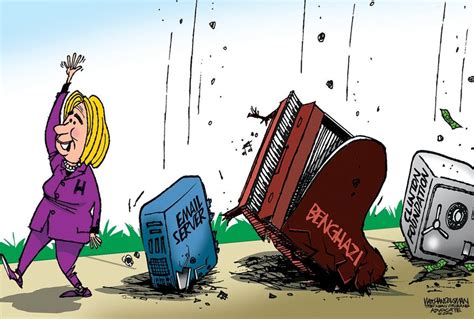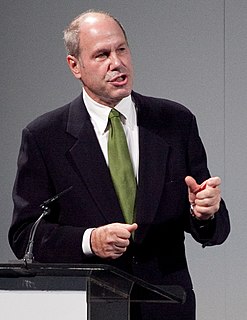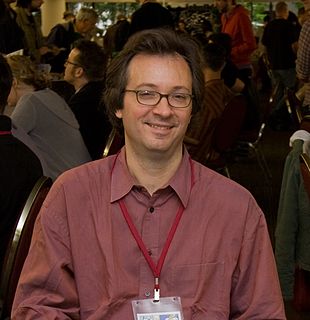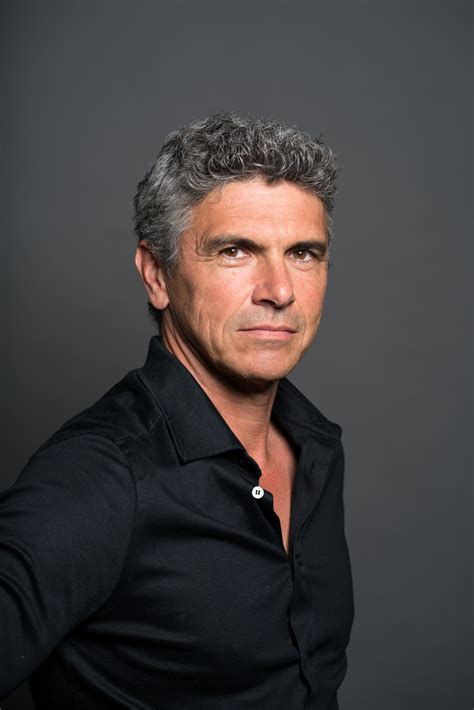A Quote by Lynda Resnick
The thinner a newspaper or magazine is - due to reduced revenue from advertising dollars - the less editorial content because of the standard ad-to-editorial ratio, and the less money there is to support investigative journalism.
Related Quotes
Anyone who does investigative journalism is not in it for the money. Investigative journalism by nature is the most work intensive kind of journalism you can take on. That's why you see less and less investigative journalism at newspapers and magazines. No matter what you're paid for it, you put in so many man-hours it's one of the least lucrative aspects of journalism you can take on.
'Ms.' always flouted the rules of the ad world that say, especially for products directed at women, that the ad must be connected to the editorial. You don't have food ads unless you have recipes. You don't get clothing ads unless you have lavish fashion coverage. We never did that; every other women's magazine does.



































